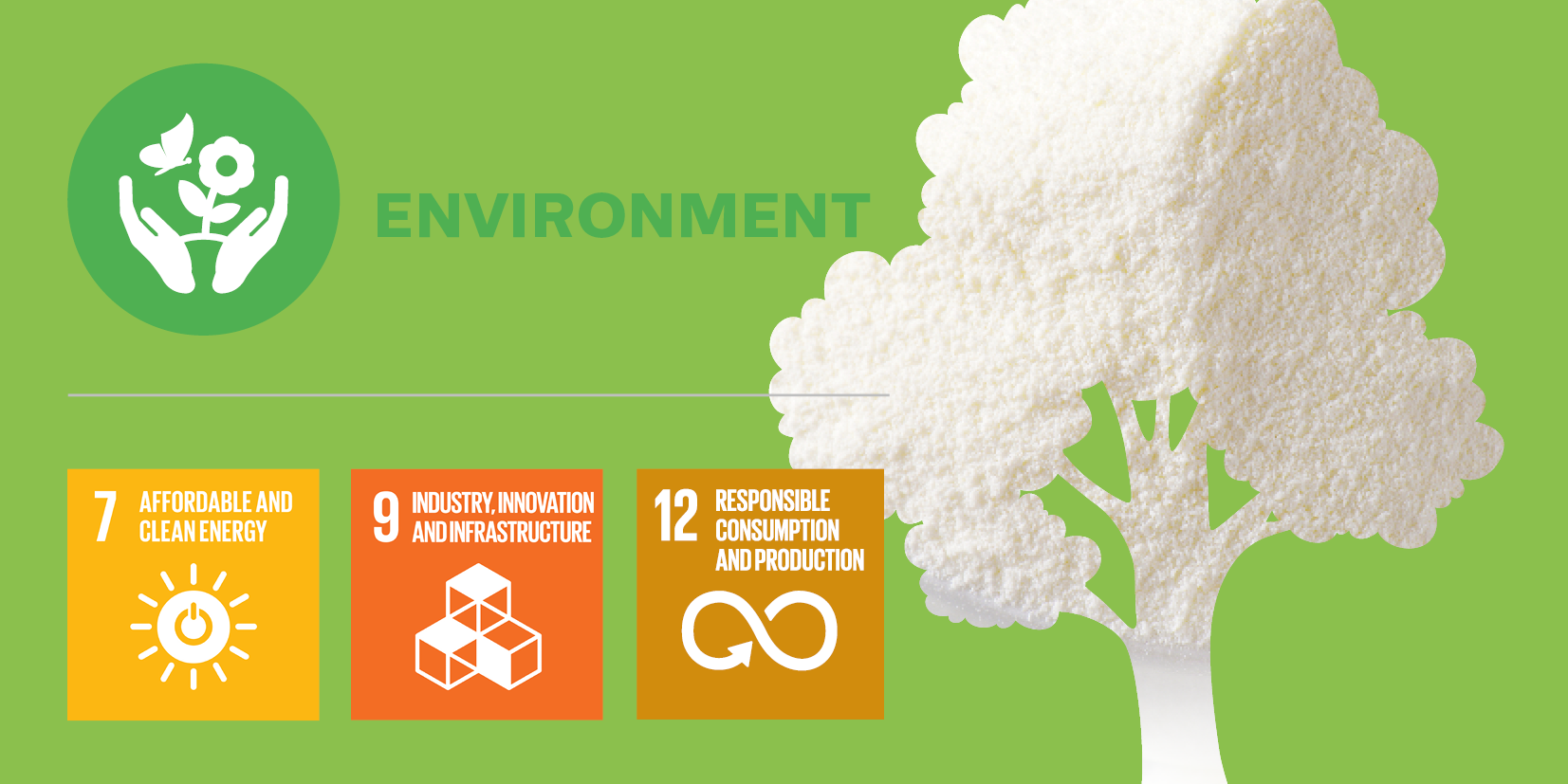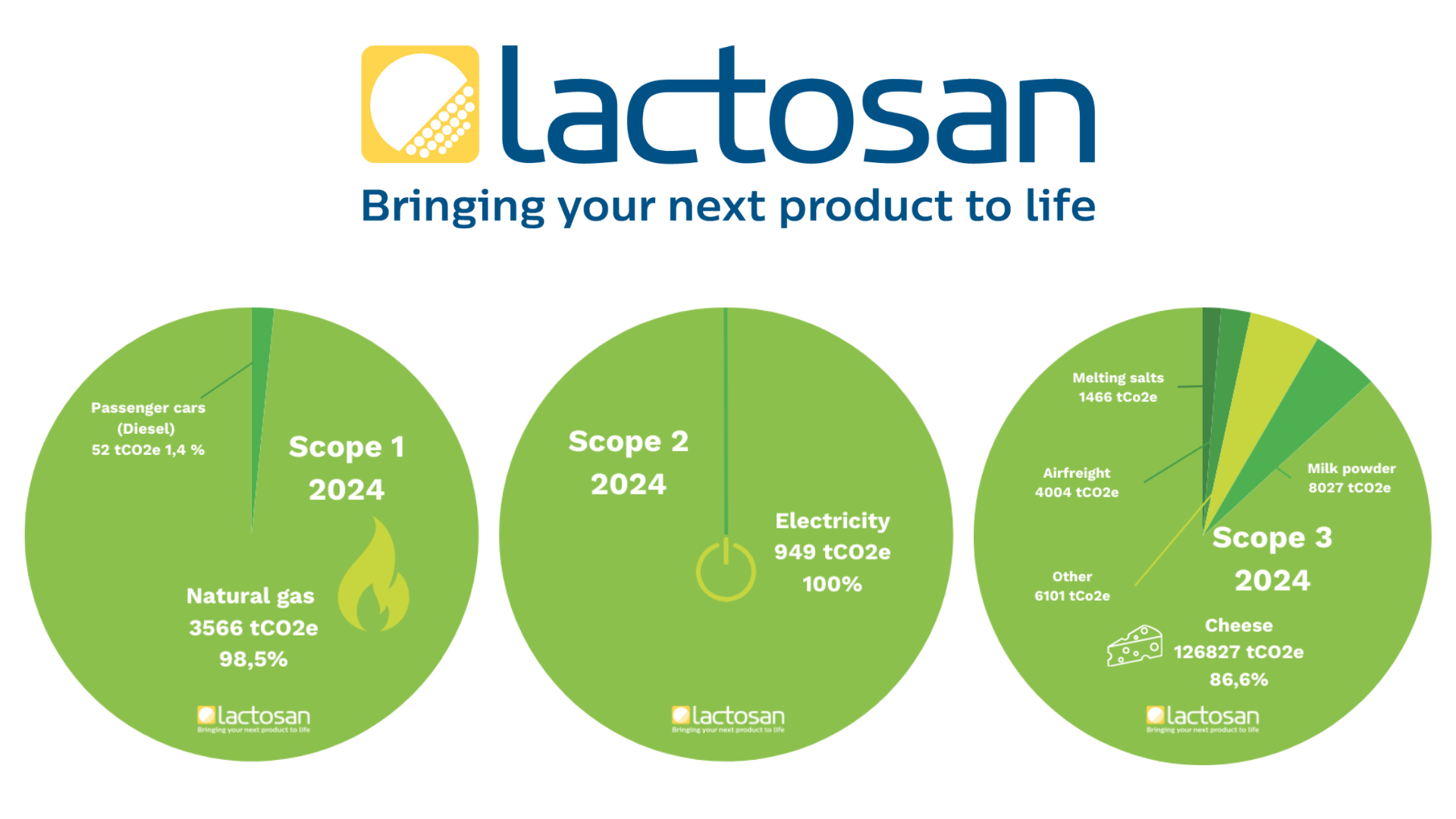Resource Efficiency in Our Supply Chain (E1)
Scope 3 - UN SDG #7 and #12
We are committed to climate-positive action by reducing our environmental impact. Focus is on optimizing energy consumption, improving water management, minimizing waste, and incorporating recycling where feasible. Through process improvements and collaboration with industry partners, we aim to enhance resource efficiency and improve energy use across our operations.
We prioritise suppliers that provide environmentally responsible solutions.
We disclose Scope 1, 2 and 3 emissions annually with assistance from external consultants at Viegand & Maagoe, specialist in energy efficiency and sustainable transistions. They validate our data to ensure accuracy and credibility.
Furthermore, we are member of SEDEX and audited under the SMETA 4 pillars: Business Ethics, Labour Standards, Health and Safety and the Environment. SMETA is a leading ethical audit methodology - learn about it here.
Our key environmental objectives are to:
- Reduce our carbon footprint
- Reduce waste and improve recycling efficiency
We regularly assess our progress and report transparently in our annual disclosures.
Highlights - 2024 Engergy Consumption
Danish Factory - Overview
In 2024, the factory in Denmark monitored and reported its energy consumption and emissions performance across Scopes 1, 2, and 3, benchmarked against 2023 data. All figures are normalized relative to production output to provide a consistent performance comparison.
-
Scope 1 (Direct Emissions):
A 0.37% reduction was recorded, primarily driven by a decrease in natural gas usage — the main contributor to Scope 1 emissions — which itself fell by 0.41%. This reflects a modest but meaningful improvement in on-site energy efficiency.
-
Scope 2 (Indirect Emissions from Purchased Energy):
Emissions associated with purchased electricity and heating saw a 0.107% increase. This marginal rise suggests relatively stable external energy consumption, with room for future optimization in sourcing or efficiency.
-
Overall Energy Use:
Total energy consumption increased by 0.0064% relative to production levels. This slight uptick indicates a near-neutral energy performance year-over-year, reflecting consistency in energy intensity per unit produced.
-
Scope 3 (Other Indirect Emissions):
Emissions from upstream and downstream activities (excluding transportation to the factory) rose by 0.06%. While the increase is minimal, it highlights the importance of continuing to engage suppliers and partners in reducing lifecycle emissions.
Note: Transportation emissions to the factory are not included in this year’s Scope 3 data due to a lack of available data.
Optimizing Resource Utilization Through Innovation (E5)
Scope 3 - UN SDG #9
We work closely with leading universities and business partners to strengthen our expertise in cheese powder production, focusing on optimising raw material use and improving efficiency.
Our goal is to refine our products, our processes and the overall use of resources to minimise waste and contribute to exploring and providing more sustainable nutrition.
How Lactosan Cheese Powders Can Promote Greener Eating Habits
Another area we are exploring is how our cheese powder solutions can bridge the gap between better taste and a more plant-based diet. In 2022, we began collaborating with food researchers from the University of Copenhagen to investigate how cheese in powder form can boost umami taste and mouthfeel (kokumi) in plant-based food. The researchers aim to identify detectable, delicious flavour combinations that are composed of carefully selected, naturally ripened cheeses, following our recipe.
By combining plant-based ingredients with cheese, you can enhance the umami taste in plant-based dishes. The overall goal is to optimise ingredients to create synergy effects that make plant-based food taste even better.
The project runs for three years, concluding in 2025, when we will be able for share our findings.
Read more here - link to research article.
Learn About Our Efforts
See efforts, specific targets, and progress in our Sustainability Report / Code of Conduct.
Learn about our other focus areas here:
See below some of our industry certifications.
Integration of Internal and External Factors
On a yearly basis we review and update our materiality assessment to reflect:
- Corporate vision, mission, and sustainability strategy
- Long-term business goals and Code of Business Conduct
- EU regulatory changes (CSRD, ESRS) and industry standards
- Stakeholder expectations, including customers, investors, employees, and suppliers
- Third-party sustainability certifications
By integrating the material topics into our sustainability strategy, we ensure responsible business operations, regulatory compliance, and a commitment to long-term value creation.








